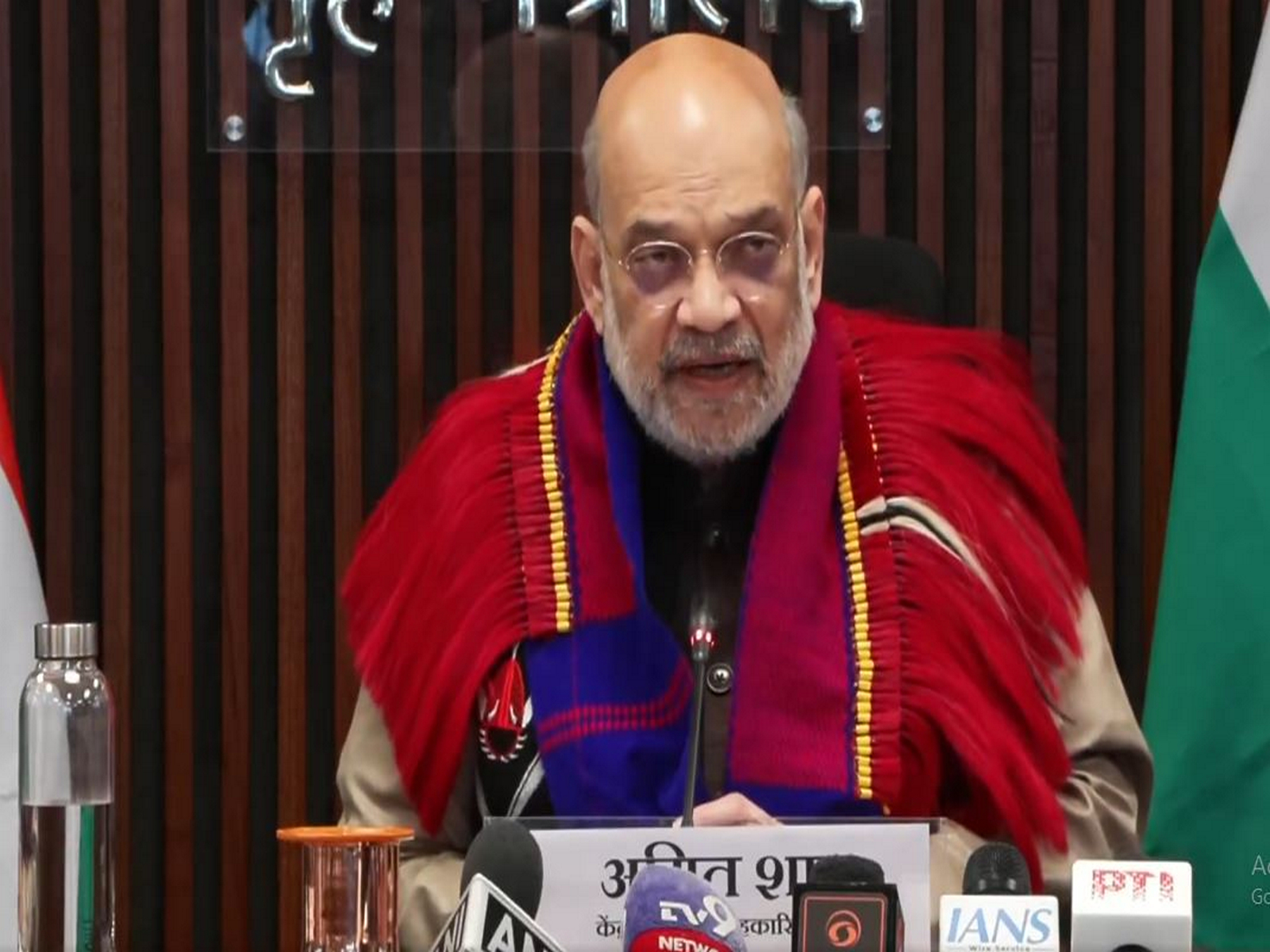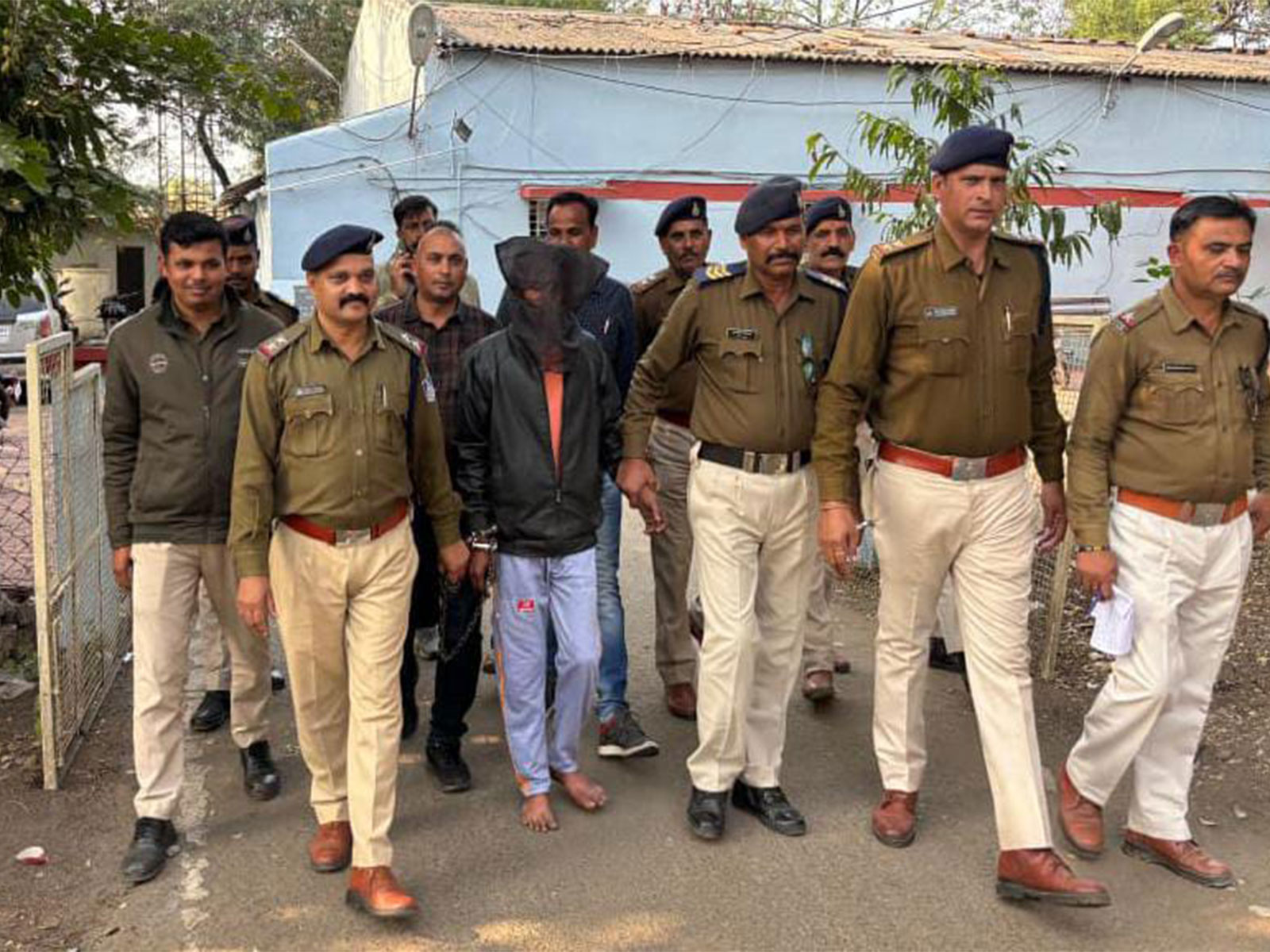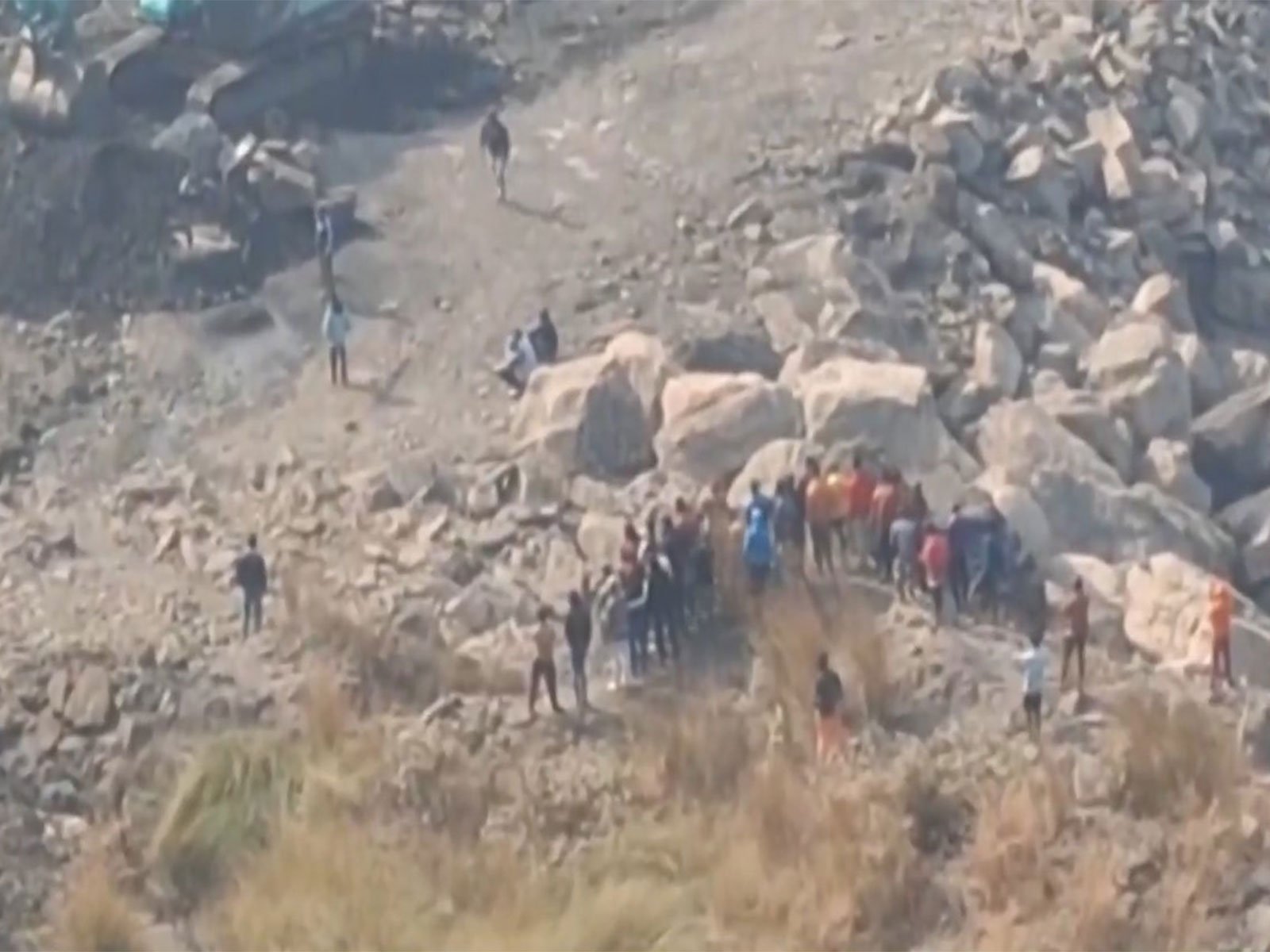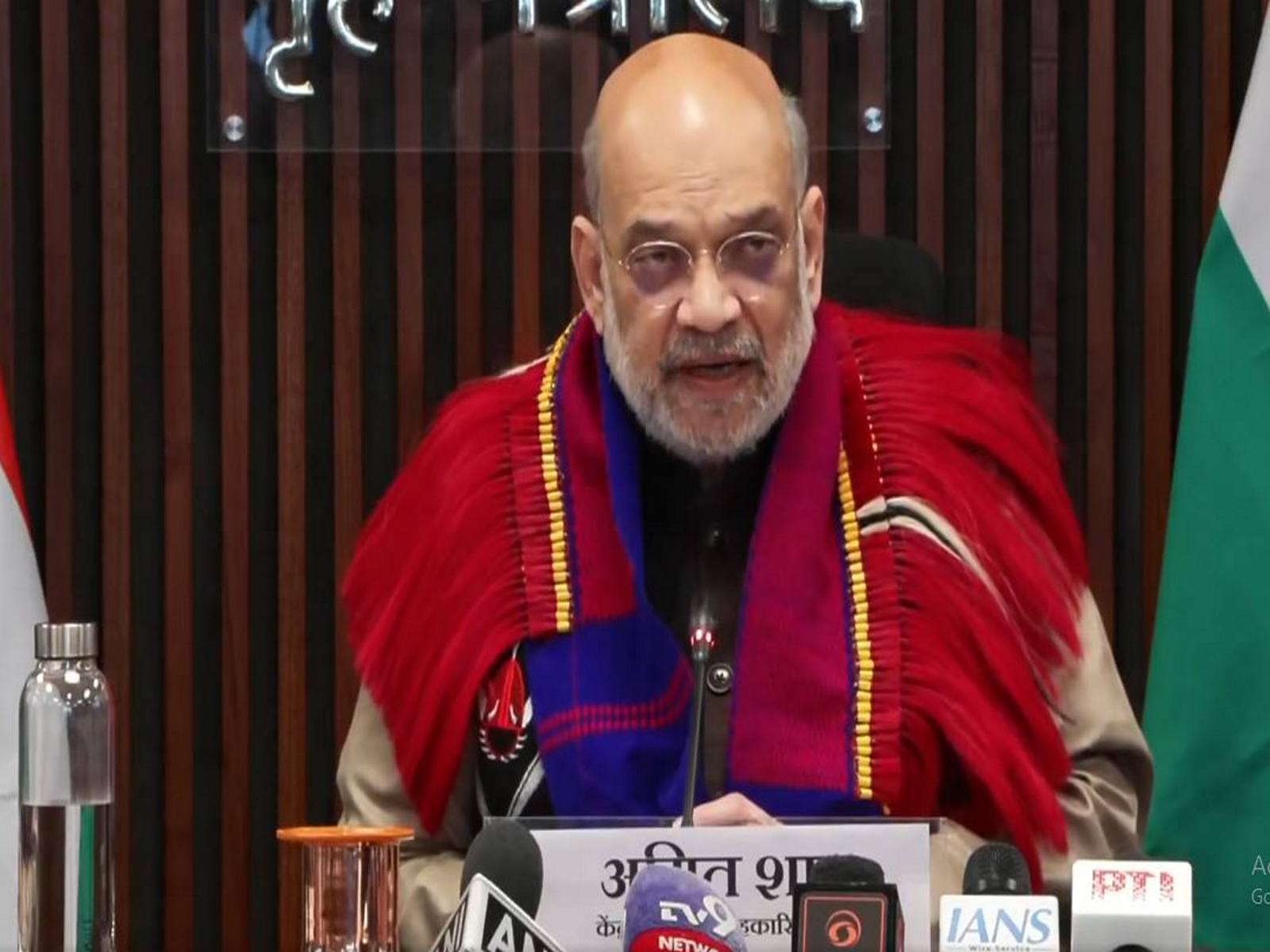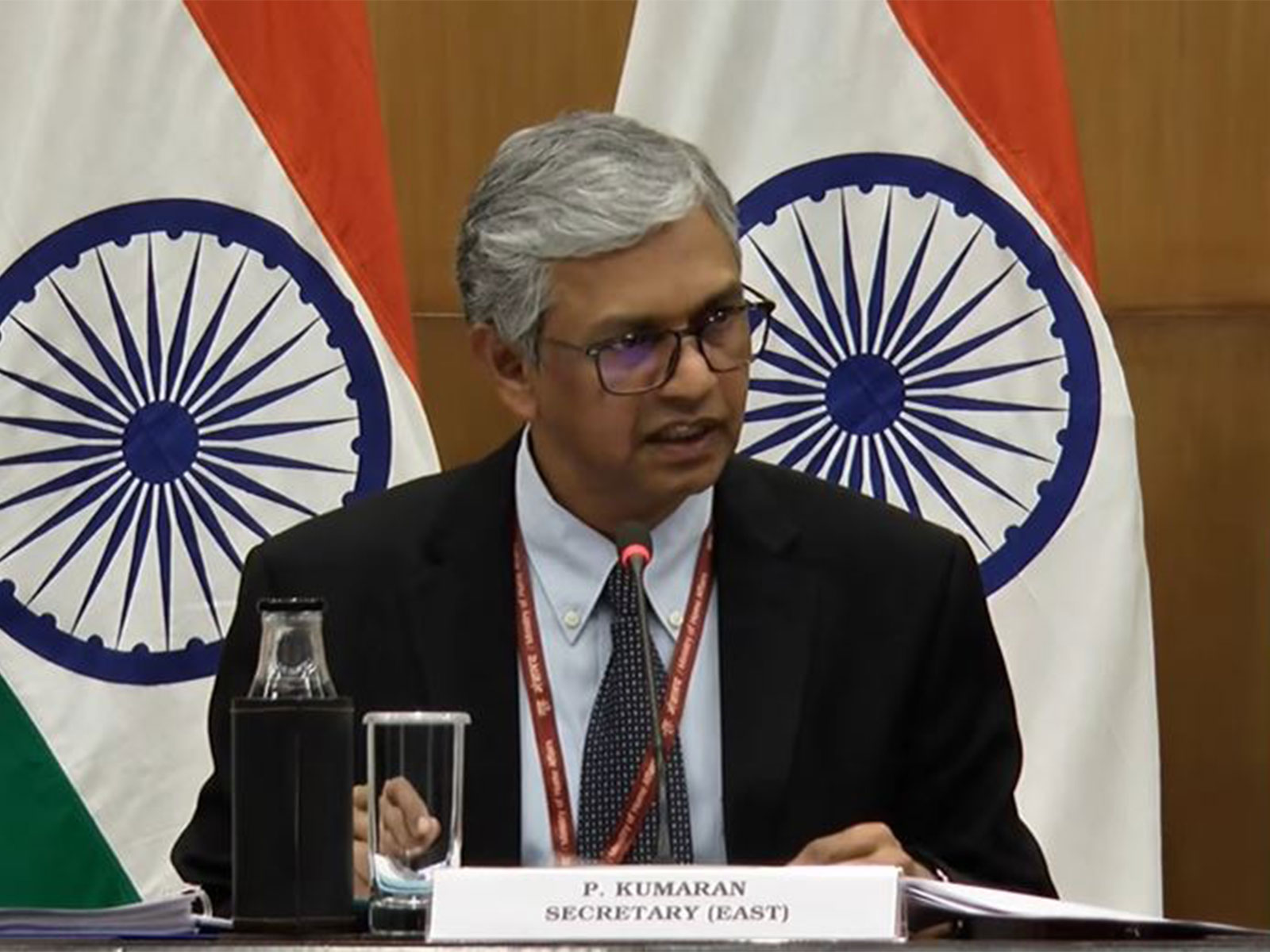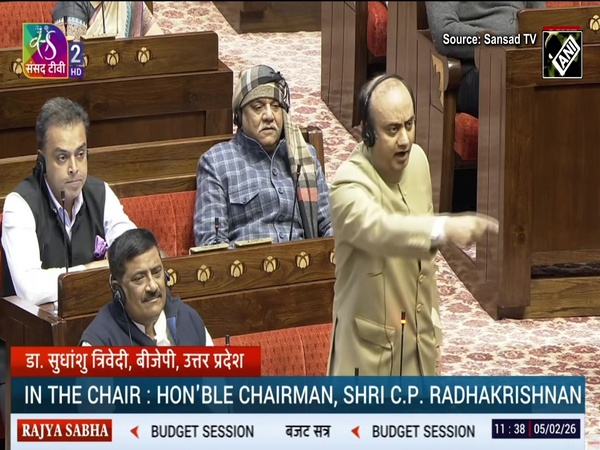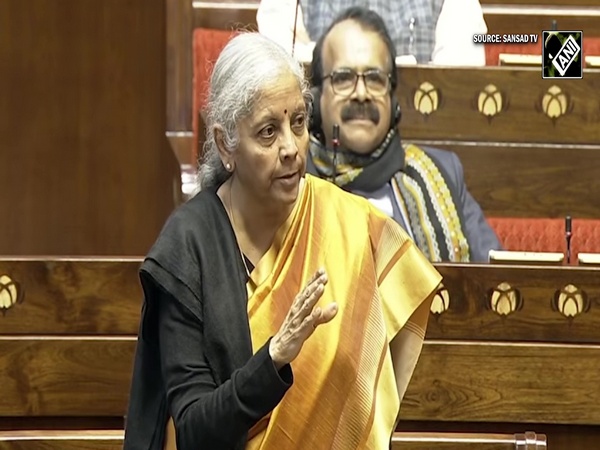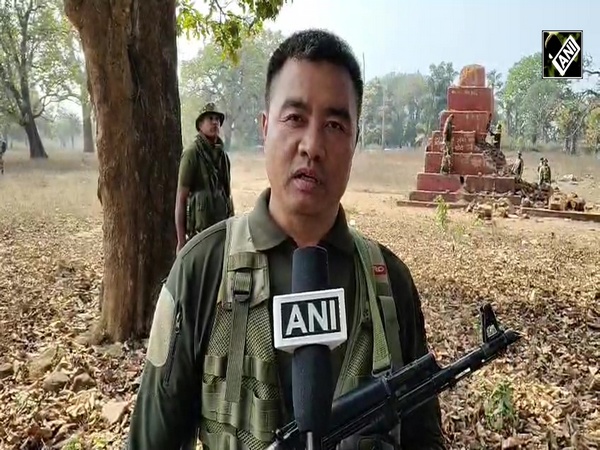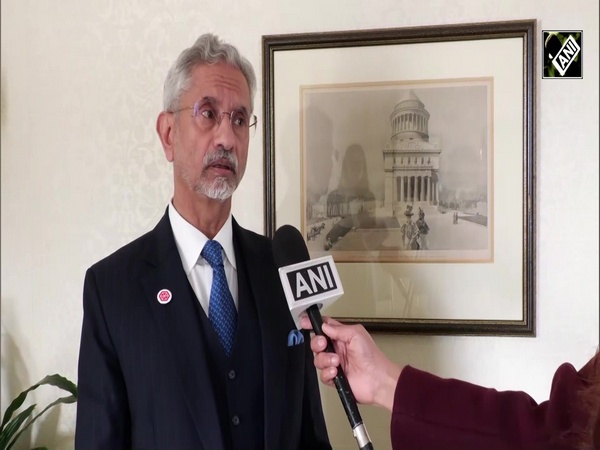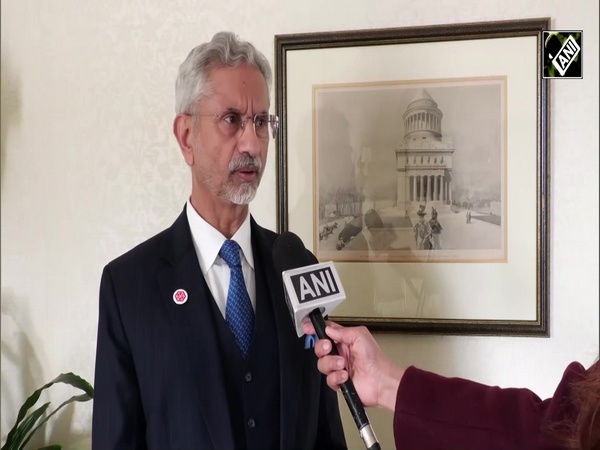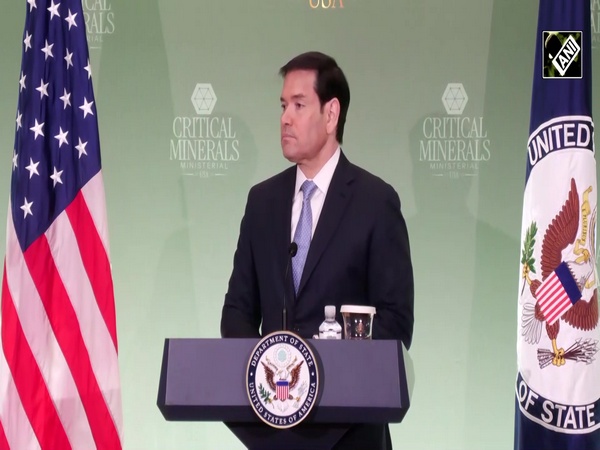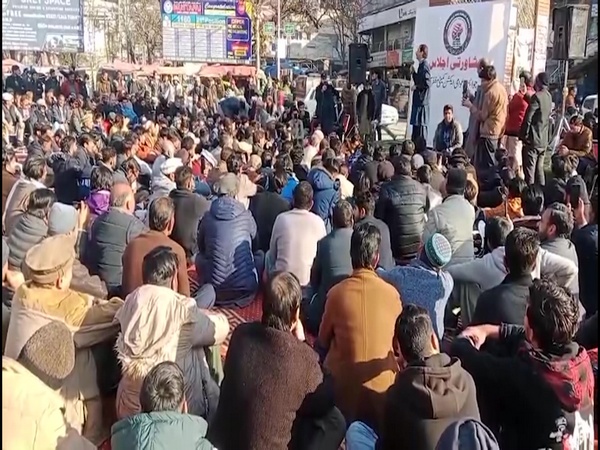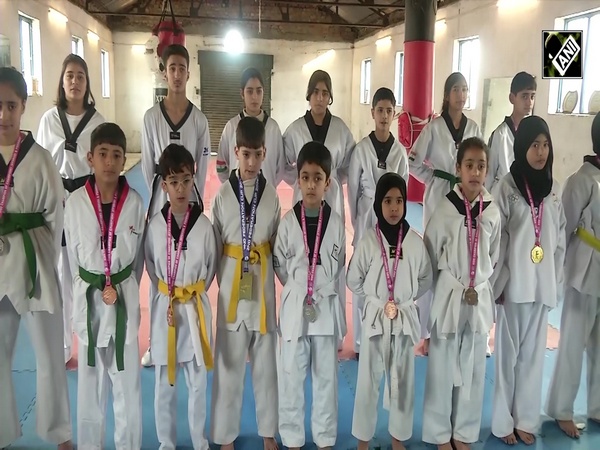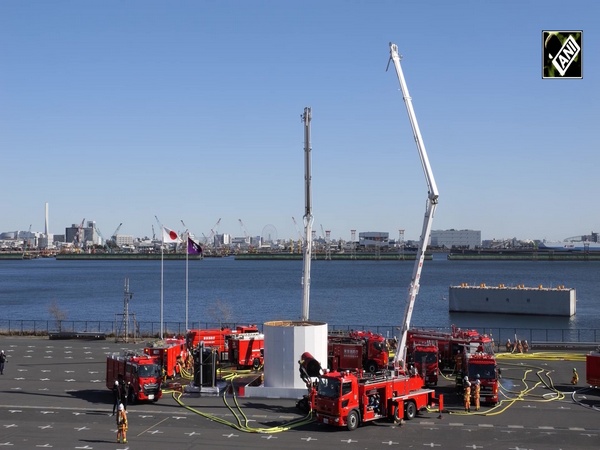Bursting firecrackers, idol immersion not essential religious practice under Constitution: Former SC judge Justice Oka
Oct 29, 2025
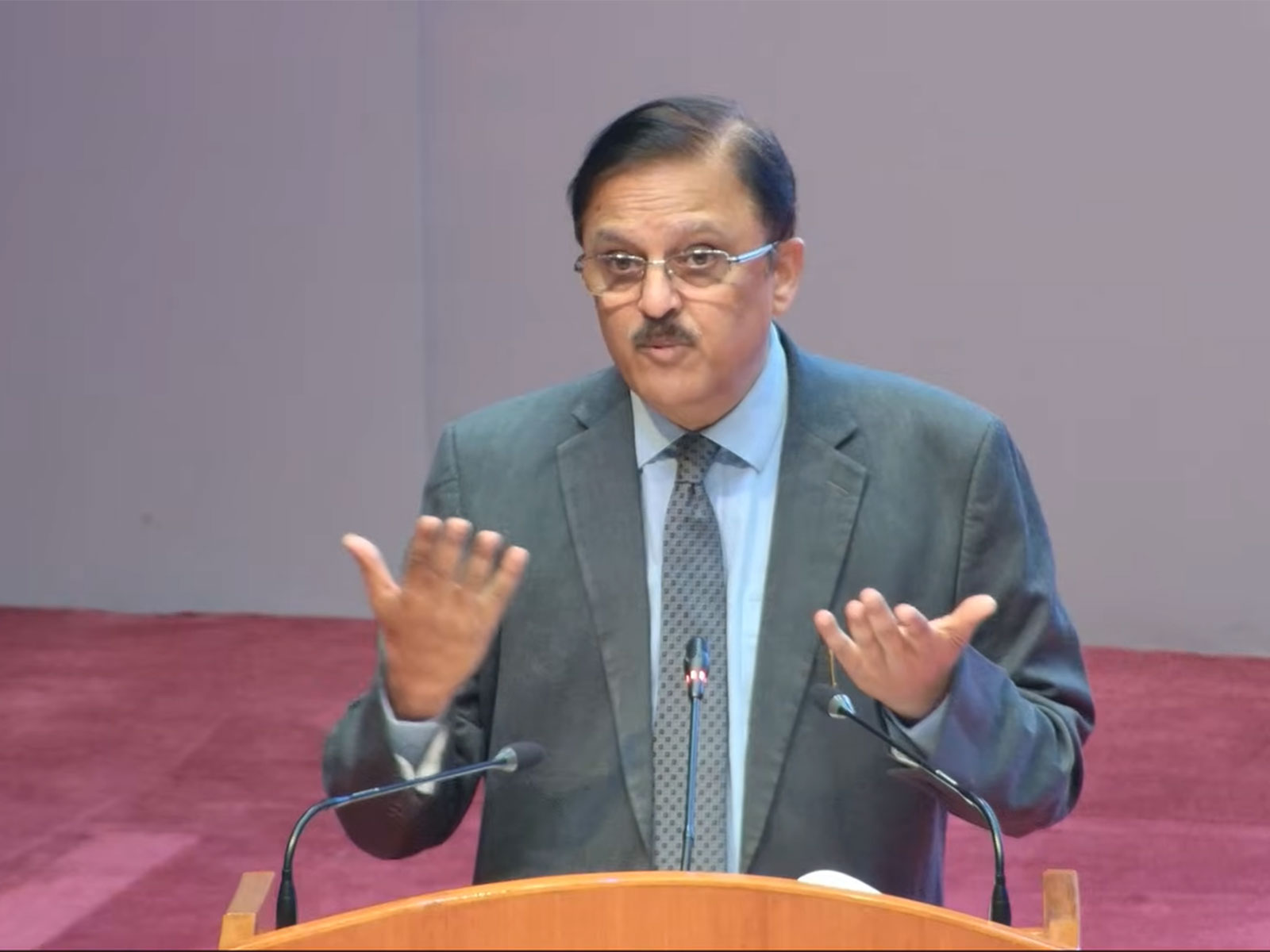
New Delhi [India], October 29 : The former judge of the Supreme Court of India, Justice Abhay S Oka, on Wednesday said that by bursting firecrackers, lakhs of people taking baths in rivers, idol immersion and use of loudspeakers in religious festivals are not essential religious practices guaranteed under Article 25 of the Constitution.
Justice Oka further stated that no religion permits or encourages us to destroy the environment; rather, it teaches us to protect the environment and to show compassion to living beings and animals.
"Unfortunately, there is a tendency to damage the environment in the name of religion. If we examine the tenets of all the religions in India, we will find the message of protecting the environment and showing compassion to living beings will be found in the tenets of every religion. All religions proceed on that hypothesis. No religion permits us to destroy the environment. The religion teaches us to protect the environment and to show compassion to the living beings and animals. No religion permits us to cause cruelty to animals while celebrating festivals", Justice Oka said.
The former Supreme Court judge was speaking at an event "Clean Air, Climate Justice and We -- Together for a Sustainable Future" organised by the Supreme Court Bar Association.
Further elaborating on the need to protect the environment, Justice Oka said that pollution of air and water must be regarded as a violation of fundamental rights guaranteed under Article 21. It also encompasses the right to live with human dignity.
"I firmly believe that it is impossible to live with human dignity unless you have a healthy atmosphere," he said.
Justice Oka flagged that, on the contrary, if we allow degradation or destruction of the environment, we are denying ourselves the Social Justice guaranteed under the preamble of the Constitution.
"We degrade the environment, believing that the Earth belongs to us. But on the contrary, we belong to the earth", he said.
Stressing further on the drastic effects of environmental degradation, Justice Oka stated that it has far-reaching effects as it severely impacts the poor and the marginalised.
From farmers and fishermen suffering due to water contamination to street vendors in Delhi affected by air pollution, Justice Oka stated that the poor and the marginalised are the worst affected by environmental degradation.
"Degradation of the environment affects the livelihood of the poor and marginalised. Talking about Delhi pollution, all of us sitting in this hall have air purifiers at our homes and offices. But the majority of the population of Delhi cannot afford these machines", he said.
The former top-court judge further observed that it is the fundamental duty of every citizen to protect the environment while developing a scientific temper and spirit of reform.
"The duty of developing a scientific temper is not against any religion. The Constitution does not tell you not to keep faith in God or religion. It says that you must initiate reforms and reforms can be initiated only on the basis of science", he said.
Additionally, Justice Oka said that, along with other citizens of India, it is all more necessary for judges to become role models to do their fundamental duty of protecting the environment.
"They (judges) are much better equipped than any common citizen to perform their fundamental duty because they have judicial power to ensure not only that citizens perform their fundamental duty, but also that the state does it," he said.
Justice Oka emphasised that courts are the custodians of fundamental rights guaranteed under Article 21, which includes the right to live in a pollution-free environment, and thus have a duty to safeguard the right to a pollution-free life.
He stated that currently, courts are the only institutions capable of effectively protecting the environment.
"When we do justice to the environment as judges, we do justice to not only human beings but all living beings. We do justice to planet Earth. It is my personal view, considering today's scenario, the only institution which can protect the environment is the court or the courts of law," he said.
